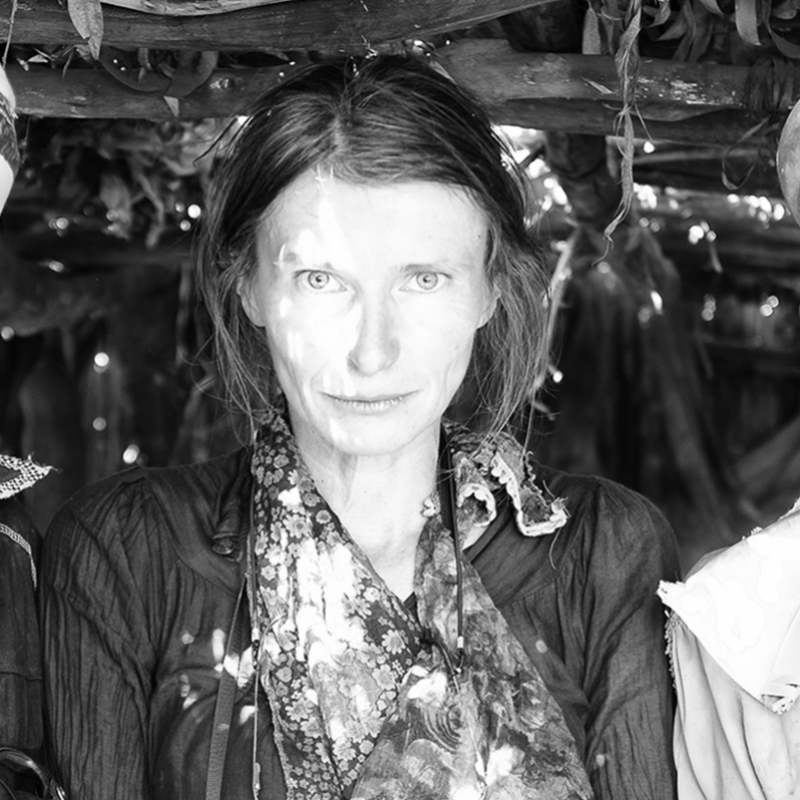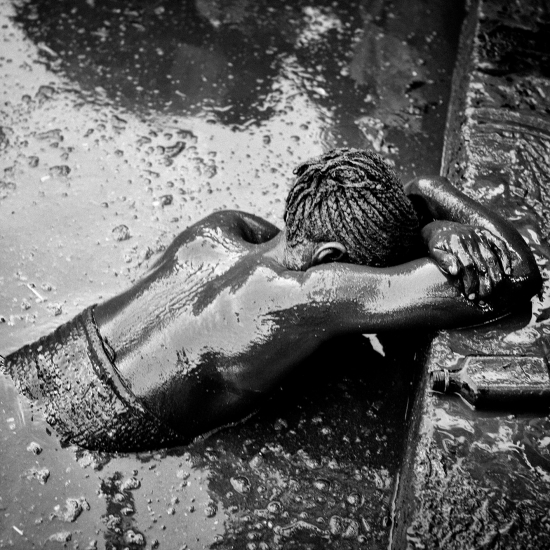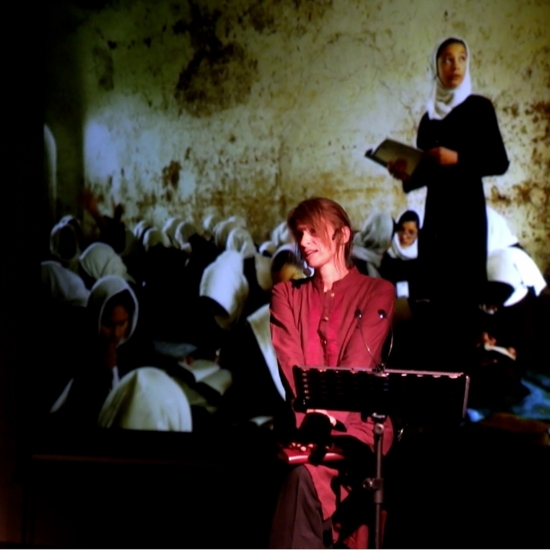Monika Bułaj

photo from private archive
Monika Bułaj (born 1966) is a photojournalist, travel writer, documentary film-maker and TED Fellow based in Italy. She studied Polish studies at the University of Warsaw, as well as anthropology, philosophy and theology. Bułaj has explored the outside edges of faith, nomadic tribes and the outcasts of outskirts, deserts, frontiers and ghettos in Central Asia, Africa and Eastern Europe. Bułaj works as a freelance photographer and writer for GEO, National Geographic, La Repubblica, Corriere della Sera, Courrier International, Gazeta Wyborcza and Revue XXI. Her books include: Libya Felix (Mondadori), Figli di Noè (Frassinelli), Rebecca e la pioggia (Frassinelli), Gerusalemme perduta (Frasinelli; with Paolo Rumiz), God’s People: A Travel into Another Europe (Postcart), NUR: The Hidden Light of Afghanistan (Electa). Monika Bułaj has displayed her works in more than 60 exhibitions from New York to Saint Petersburg. She has been won a host of awards and fellowships for her photography and literature work, including a grant in visual arts from the European Association for Jewish Culture, the Bruce Chatwin Absolute Eyes Award for photography, a grant from the Aftermath Project, a TED Fellowship, the Premio Tomizza, the National Nonviolenza Award and others. Bułaj has made the documentary film Noah’s Sons in Azerbaijan, and has written documentaries, including Maurizio Orlandi’s Romani Rat (2002) about the Romani Holocaust, in collaboration with the Shoah Visual History Foundation. She is currently working on a new project, Africas: Mirrors of the Invisible, in Haiti, Cuba, Brazil, Sudan, South Sudan, Egypt, Ethiopia, Libya, Morocco, Mali, Benin and Burkina Faso. She is continuing to explore monotheism in Israel and Palestine, Iran, Iraq, Chechnya and Pakistan. The Leica Collection includes a number of her photographs.

